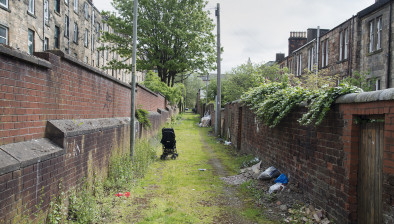New research proposes ‘ideal’ legal framework to address homelessness in Great Britain

Proposals for the ‘ideal’ legal framework to address homelessness in Great Britain, with potential lessons for other countries seeking to pursue rights-based approaches in this field, have been set out in a new research article.
Exploiting the ‘natural experiment’ conditions generated by post-devolution divergence in key aspects of homelessness law, the paper draws on legal and social scientific learning from England, Scotland and Wales, as well as internationally, to formulate proposals for the optimal rights-based model.
Professor Suzanne Fitzpatrick from Heriot-Watt University and Liz Davies from Garden Court Chambers in London argue that an ideal statutory homelessness system, situated in a less than ideal welfare and housing context, requires a balance to be struck between a robust set of individually-enforceable entitlements, on the one hand, and scope for pro-active, flexible approaches on the part of housing practitioners, on the other.
The ten core principles they advance would therefore aim to combine the best of ‘professional-centred’ and ‘rights-centred’ social policy approaches.
‘The ‘ideal’ homelessness law: balancing ‘rights centred’ and ‘professional-centred’ social policy’ is published in the Journal of Social Welfare.








